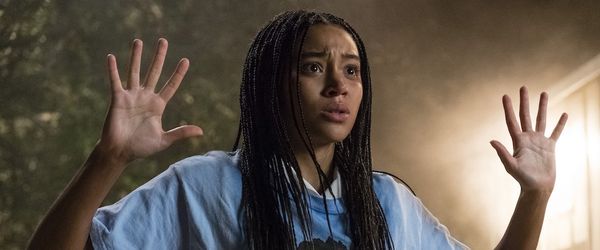There are two things concerning literature that greatly upset me. One is censorship, and the other is banning books. I remember listening to my middle school teachers offhandedly mention that a book we happened to be reading used to be banned in schools around the nation. Animal Farm, The Adventures of Tom Sawyer, Of Mice and Men, Moby Dick, etc. All of these amazing, life-changing, thought-provoking books were once snatched out of children’s hands because people were threatened by the ideas presented in them. Excuses like “these books are racist” or “these books encourage sinful behavior” were tossed around, making people think that maybe these books are bad for children. But we might as well be honest with ourselves: the world has a past. Not all of it is warm and sunny and great. A lot of terrible things happened and a lot of terrible things were said, and banning books to discourage this behavior from reoccurring is just as bad as insisting these events never occurred.
Books are there to show us how things worked in the past and how we have changed as a society (for the better, hopefully). They are comments, sometimes critiques, on the choices we have made and the people we have hurt. They are necessary to grow as humans, because by denying history we only make ourselves vulnerable to returning to old ways.
So when I heard a school in Virginia had stripped their shelves of two amazing novels—To Kill a Mockingbird and The Adventures of Huckleberry Finn—, I immediately sat down to write this article.
The mother of a middle schooler in Virginia filed a complaint because both these novels used racial slurs repeatedly. I can understand some arguments from the pro-banning books side. One mother believed that reading these books and the racial slurs would make her child think using these words were okay.
And yet, no argument will ever make banning books okay, because it all goes back to the fact that banning books leads to a denial of pivotal parts of history. I remember reading both To Kill a Mockingbird and The Adventures of Huckleberry Finn in middle school, and sitting in shock as I read each page. I thought, People were this cruel? People said these things to one another? Neither of these books made me feel that it was okay to behave in the manner some of the characters did. In fact, I learned that the history of the United States wasn’t as pure as I thought, and that realization made me more aware of the things I said and did. I think that anyone old enough to understand these novels would feel the same, and if they were to react to these novels by spreading hate and hurtful slurs, I don’t think the novels would be held responsible at all.
A few years ago, I posted a Ray Bradbury quote after learning a high school near me had banned a few John Green books for their portrayal of teenage sex. (Even now, I am shocked that we still think it’s justifiable to ban books!) I thought the quote perfectly explained why we cannot let hurt feelings and injured pride keep us from reading the great works of our day.
“Coloured people don't like Little Black Sambo. Burn it. White people don't feel good about Uncle Tom's Cabin. Burn it. Someone's written a book on tobacco and cancer of the lungs? The cigarette people are weeping? Burn the book.”
Banning books, burning books; once you wipe out the great works, you wipe out a culture. For example, think about how the Nazis stole artwork from the countries they invaded during World War II. When they were on the brink of losing the war, they started burning what they had. Incinerating beautiful pieces of art that are now lost forever. That, right there, is what destroys a culture: wiping out every piece of art, written and painted and sculpted over years to document history. That is what we do when we ban books.
So what happens now? How do we combat this senseless massacre of our nation’s great literary works, our history?
We read.






















